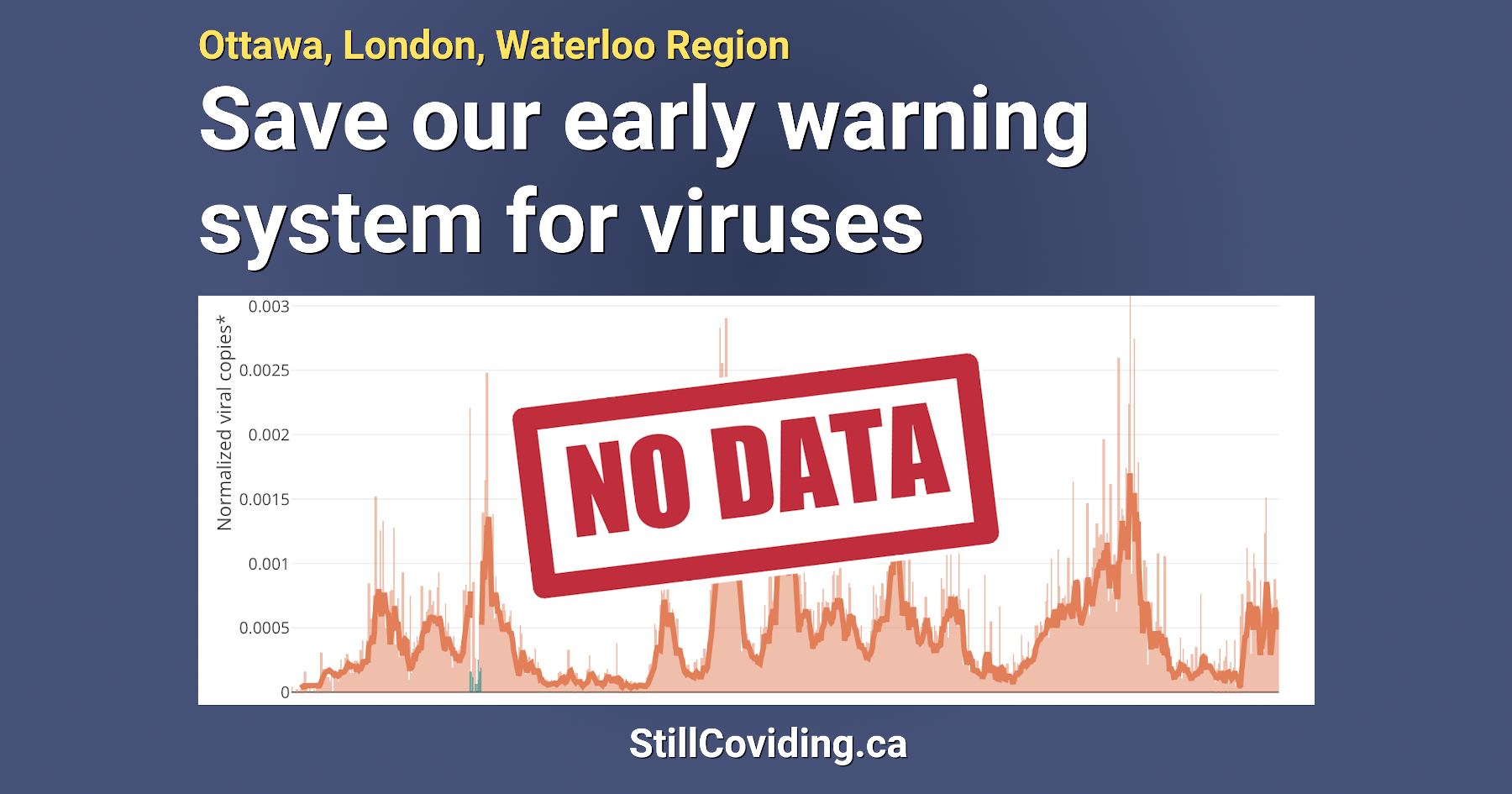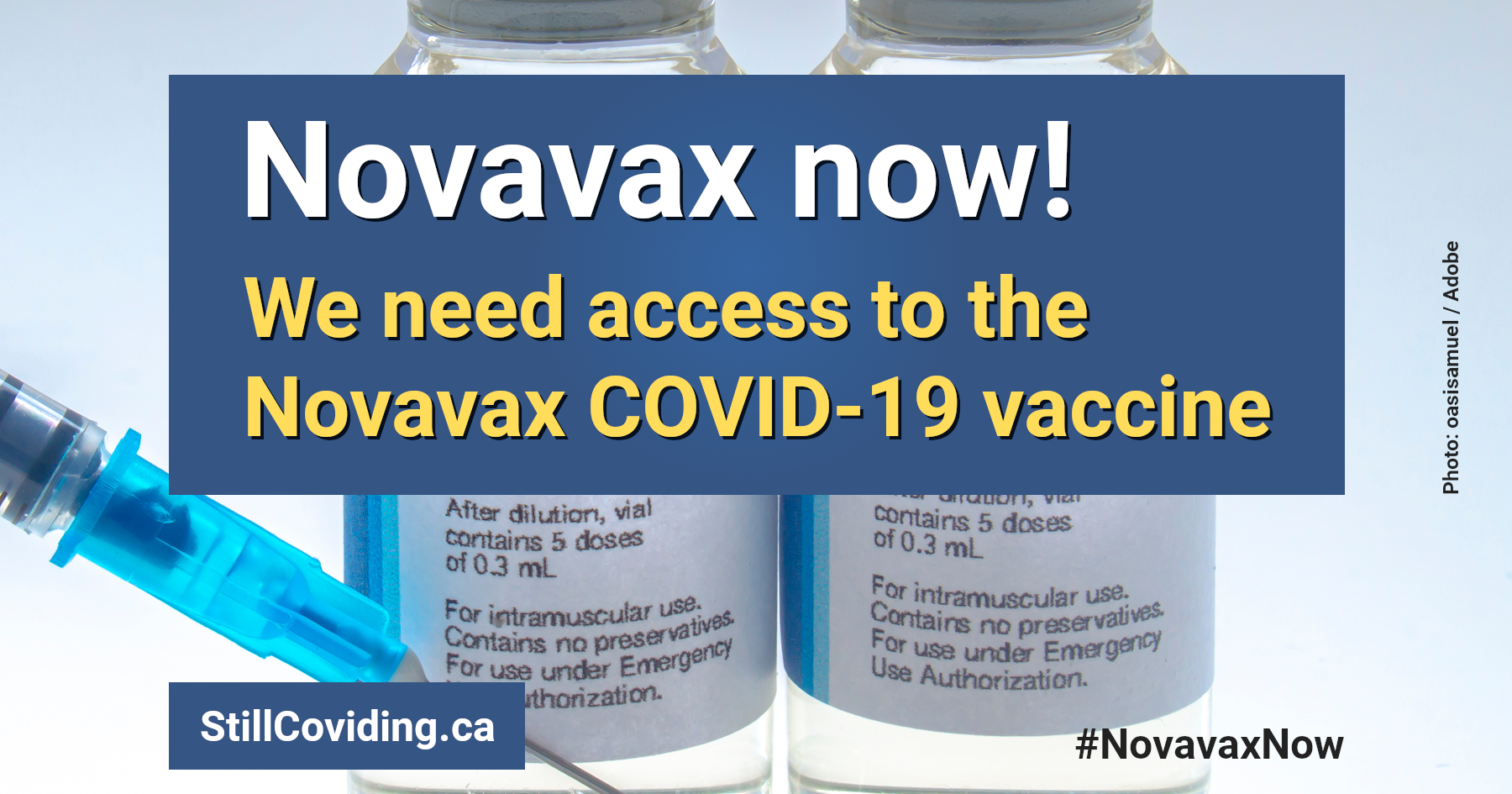Linda Wilhelm, 64, of Bloomfield, N.B., is planning a road trip to the United States. But it’s not to go sightseeing or shopping.
Wilhelm, who suffers from severe rheumatoid arthritis, hopes to get the updated Novavax COVID-19 vaccine, which won’t be available in Canada as part of the fall vaccination campaign, unless provinces and territories order doses on their own.
Wilhelm, president of the Canadian Arthritis Patient Alliance and a member of the Canadian Immunocompromised Advocacy Network, says the protein-based vaccine is a better option for immunocompromised people like her than the more common Pfizer-BioNTech and Moderna mRNA vaccines. She says she feels “expendable” and urges the federal government to reconsider.
Less than two months ago, the network wrote to numerous federal, provincial and territorial officials, calling for improved access to Novavax and increased awareness.


